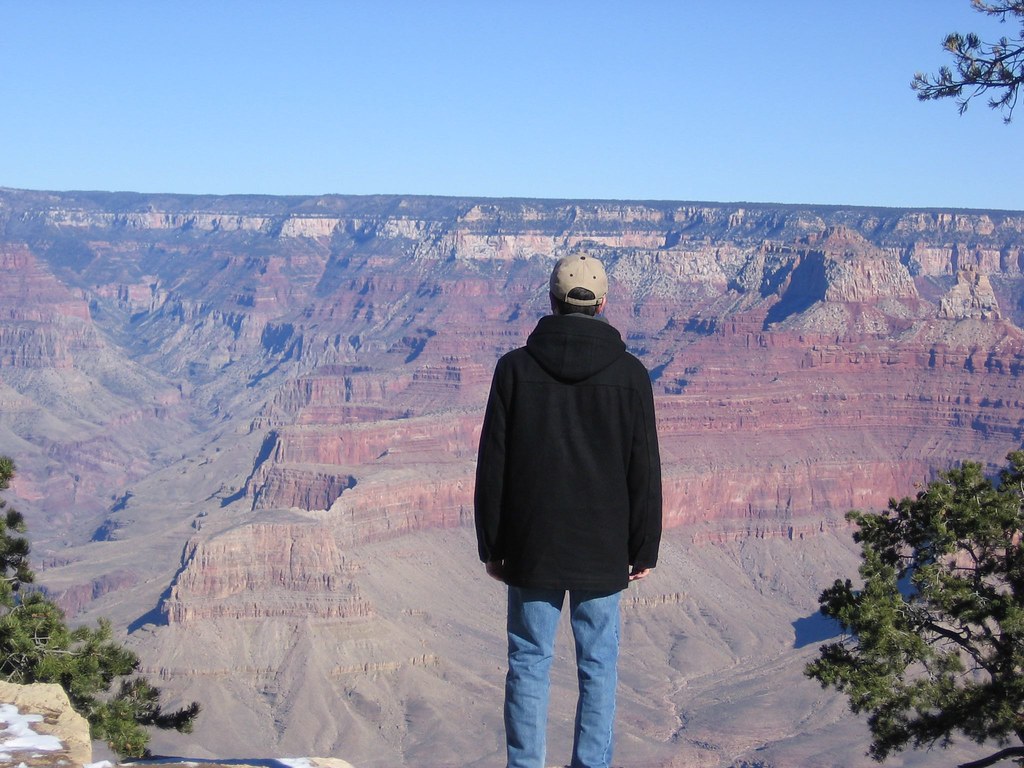So I wrote about Yom HaZikaron and put off writing about Yom HaAtzma'ut (Israeli Independence Day) for almost two weeks. But I really should write about this one. Here goes.
I was walking back home from Yom HaAtzma'ut festivities with a (new) friend at 3 in the morning. Like all Jewish holidays, it started in the evening and would continue until the next evening. I had spent all night in town and I was exhausted but elated. It had been a good night. She, who'd made aliyah several years ago, turned to me and asked, "So what do you think of your first Yom HaAtzma'ut as an oleh?"
I was too jumbled to answer properly. "Ask me again in a few days," I replied.
But she pressed me. "Come on, what's your first impression?"
"Ummm...." I hesitated for a moment and thought back on the evening's events. I thought back to Yom HaZikaron, and how it worked as a lead-in. The siren sounded, and the country became one organism and that organism held its breath for a minute. And this? Well, in some ways, this was the opposite. Lots of noise - people singing, dancing, teenage hooligans crowding the streets and having shaving-cream fights. And the following day? I knew what was coming: barbecues, hikes, and family time. Religious Zionists said a special set of prayers, as the day has both religious and nationalist significance. And most Jews - religious or not - were joining in the festivities in one way or another. Myself, I prayed the evening prayers with Bnei Akiva, the Zionist youth organization that had some influence on my decision to move here. It was really nice. It was right and good and appropriate. Afterwards, they showed us a video, a typical "Israel is great, look at all of our accomplishments" presentation. I found it odd, and I got the sense that those around me just weren't that interested in it either. Because this all seemed very after-the-fact, very much preaching to the choir. We were there already, living in the Land of Israel, contributing to the State of Israel in one way or another. We didn't need to be told how great Israel is. And in any case, if we wanted to see something to be impressed by, we could just walk outside, and marvel at everything around us that wasn't here 60 years ago, and how it's connected to everything that was here 2000 years ago.
Normally, while watching these presentations, I kind of get a little uncomfortable. Because when you get right down to it, they're propaganda. They do more than put Israel in a positive light. They don't mention all the problems we have here and therefore (1) give people a distorted image of Israel (as distortion in the positive direction is still distortion) and (2) prevent people from grappling with the issues more with the aim of resolving them.
But amid everything I was feeling, that uneasiness wasn't there this time. I thought maybe that we could lie to ourselves just a little bit, just that day. For a moment, I focused on the positives and only the positives. For a moment, the problems - and boy, do we have problems - faded into the background.
For a moment, Israel was perfect.
I think that that moment extended for the rest of the day. I saw a friend later who I had corresponding with about political issues. It was her turn to respond. When she saw me in person, she said, "I haven't forgotten you. I'm still thinking of what to respond."
"It's ok. I don't want to talk about politics tonight anyway," I replied, and as I said it, I realized just how true that was.
Then I saw rikudei am. It means "folk dancing," and the closest thing we have to it in the U.S. is square dancing. But in the areas I come from, at least, it's unpracticed and obscure. But in Israel, it's more a part of the fabric of life. And so I found myself in Kikar Safra (Safra square, a large plaza near a bunch of the government buildings in Jerusalem) watching hundreds of people dance in synch. Most people seemed to just know the steps - at least well enough to fake it. It was surreal, like I had just walked into the middle of a musical. But the Israelis didn't find it the least bit odd. Yes, they realized it was campy and quaint, but no one was bothered by the campiness. Rather, they reveled in it. For a moment, I could see in that group of dancers the children and grandchildren of the chalutzim, the pioneers, who hold a legendary status in Israeli cultural memory, as the original kibbutznikim, who proudly worked the land by day, spoke of a glorious future at night, and joyously danced the hora somewhere in-between. Oh, they had problems themselves aplenty, and in our day, we see some of their legacy in that regard as well. But not the night of Yom HaAtzma'ut. That night, I just saw the legends. And somehow, that felt right.
I turned to my friend to answer, and these thoughts came pouring out much more articulately than I had formulated them in my head. It was something like this:
"I think it's a day of escapism. Normally, escapism is bad. It prevents us from dealing with the reality as it is, and excuses us from responsibilities we should be facing. But for one day, it's inspiring. For one day, we let each person see Israel as an ideal, whatever that may be for that individual. For one day, we let people believe that Israel is as it should be, to remind them what it could be."
And for me, that's as it should be.
